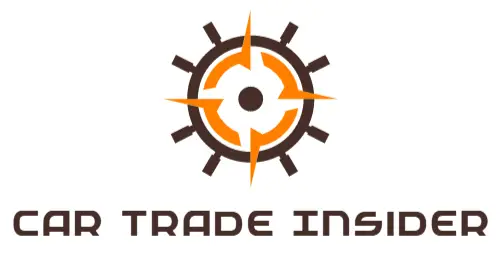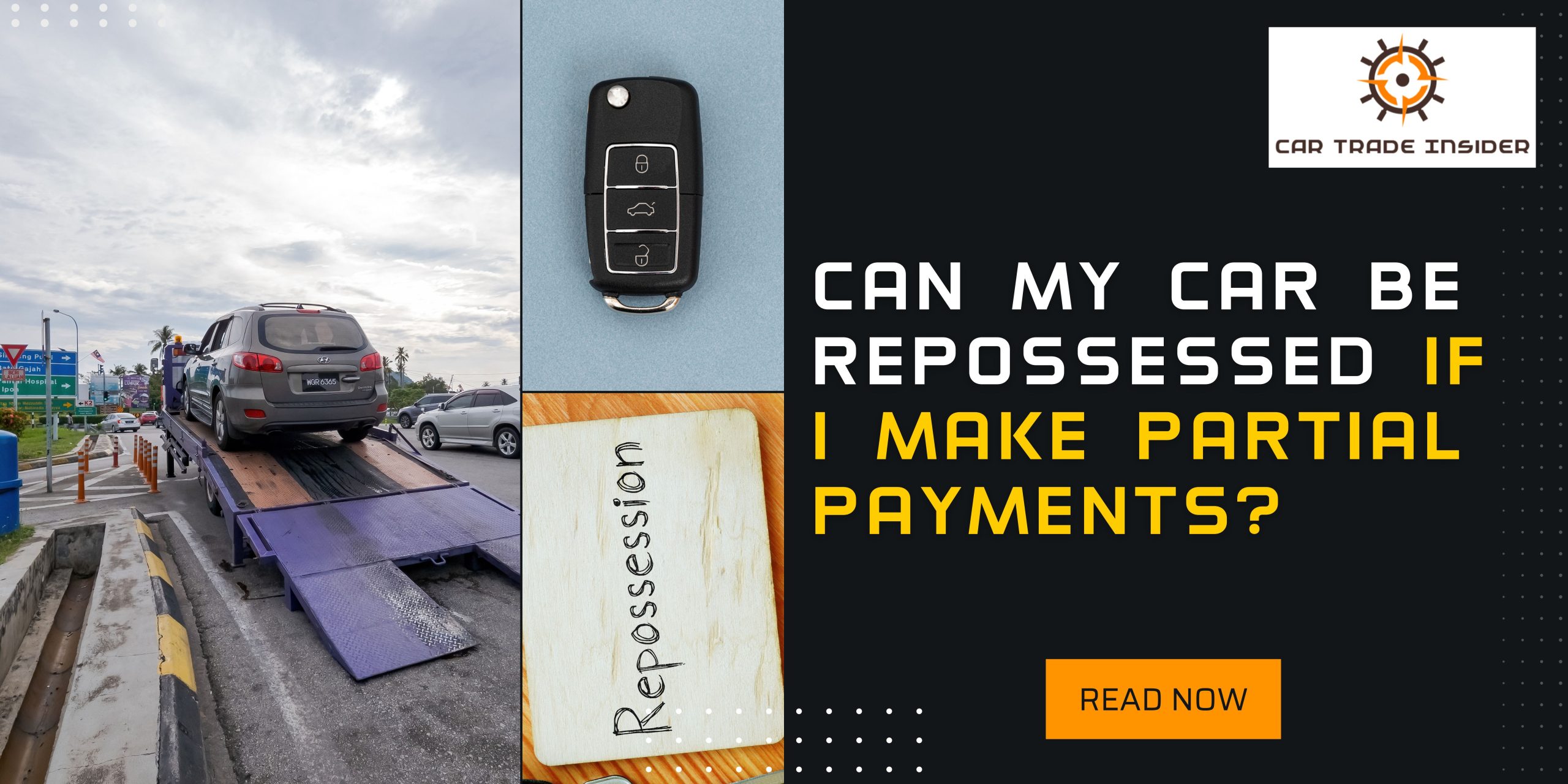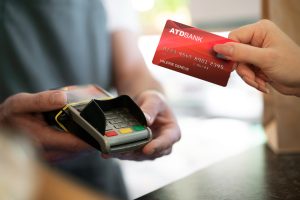The simple answer is, Yes, your car can be repossessed if you make partial payments, regardless of your payment history.
Facing financial challenges, many believe making partial payments protects their car from repossession. However, the reality is different. In this article, we debunk common myths and address a crucial question: “Can my car be repossessed if I make partial payments?”
Drawing insights from legal experts, we’ll unravel the truth behind car repossession myths and provide advice for informed decisions.
The information here is for general knowledge and not legal or financial advice. Consult a qualified professional for personalized guidance, as legal matters can be complex and subject to change.
What is car Repossession?
Repossession is when a creditor, like a bank, takes your car due to missed payments. The car, collateral for the loan, is sold at auction to recover the balance. Carefully read your contract to understand creditor rights.
Related Situation: Can I repossess a car I sold to a friend?
Will the lender repossess my car for partial payments?
Making partial car payments won’t always protect you. No waiting game in repossession! If you miss even one payment, the car folks can act fast – no time-off waiting. Pay on time to keep your car safe; no magic waiting game.
Don’t assume safety; contact your lender ASAP to discuss and prevent repossession. Lenders aren’t obliged to wait or forgive, even if you’ve been a faithful payer.
The signed loan agreement rules – pay in full and on time. A partial payment doesn’t cut it. Repossession threats can start immediately after your due date, regardless of a partial payment.
Don’t buy into the myth that missed payments must pile up before repossession – just one behind can trigger it. Communication with your lender is key to avoiding losing your wheels.
Do all partial payments lead to repossession?
No, not every partial payment results in car repossession. Lenders may consider your credit history and offer you time to address financial challenges. Making agreed full payments within the given timeframe can help you avoid repossession.
Here you can check the repossession policies of different lenders.
Partial payments vs. Late payments
Partial payments are when you pay less than the agreed installment, yet within the set time. It’s not a late payment, but it can breach your agreement, giving the lender the right to consider repossession. Late payments occur after the due date, incurring fees and interest.
While partial payments don’t carry interest or fees, late payments do. Partial payments have a neutral or slightly positive impact on credit, while late payments are a negative hit, risking credit scores and potential repossession. It’s wiser to avoid late payments to safeguard your credit and prevent severe consequences.
What happens after my car is repossessed?
After your car is repossessed, you might negotiate with the creditor to reclaim it by catching up on payments and covering repossession costs. If not, the car could be sold, and you’ll receive notice. You may redeem the car by paying the full contract price. If sold, the proceeds go toward the remaining loan, but a deficiency balance may arise.
Caution: The lender could sue you for the outstanding amount, potentially leading to wage garnishment or asset seizure. Understand your state’s laws, as repossession can happen peacefully or with a court order if you resist.
Deficiency balance basics
A deficiency balance is a remaining debt after your car is repossessed and sold. For instance
- You purchase a car for $12,000.
- You make payments totaling $4,000, then stop paying.
- The car is repossessed and sold at an auction, fetching $6,000. Repossession fees are $300.
- At the time of repossession, you owed $8,000. Adding the $300 fees and subtracting the $6,000 auction proceeds, your deficiency is $2,300. Legal actions may follow, potentially resulting in a judgment against you for $2,300 plus associated costs, despite no longer possessing the car.
Partial payment consequences
- Accrued Interest: Partial payments increase interest, raising the overall debt cost.
- Credit Score Impact: Consistent partial payments may lower your credit score.
- Legal Risks: Failure to pay in full may lead to legal actions by creditors.
How to prevent car repossession?
Car repossession can be avoided by taking strategic steps. Consider consulting a bankruptcy attorney to file for bankruptcy, granting a temporary stay order to halt repossession. This provides time to plan loan repayment.
Most lenders don’t repossess after one default; utilize this grace period to address financial issues and align payments with the agreement. Negotiate with the lender for lower installments if you have a good credit history.
Ensure sufficient insurance coverage for the car and avoid defaulting on premiums to maintain the insurance policy, a key element in preventing repossession. Plan your finances wisely to safeguard against car repossession.
Experiencing worry over car repossession? Uncover 7 legal car repossession loopholes to avoid car repossession.





